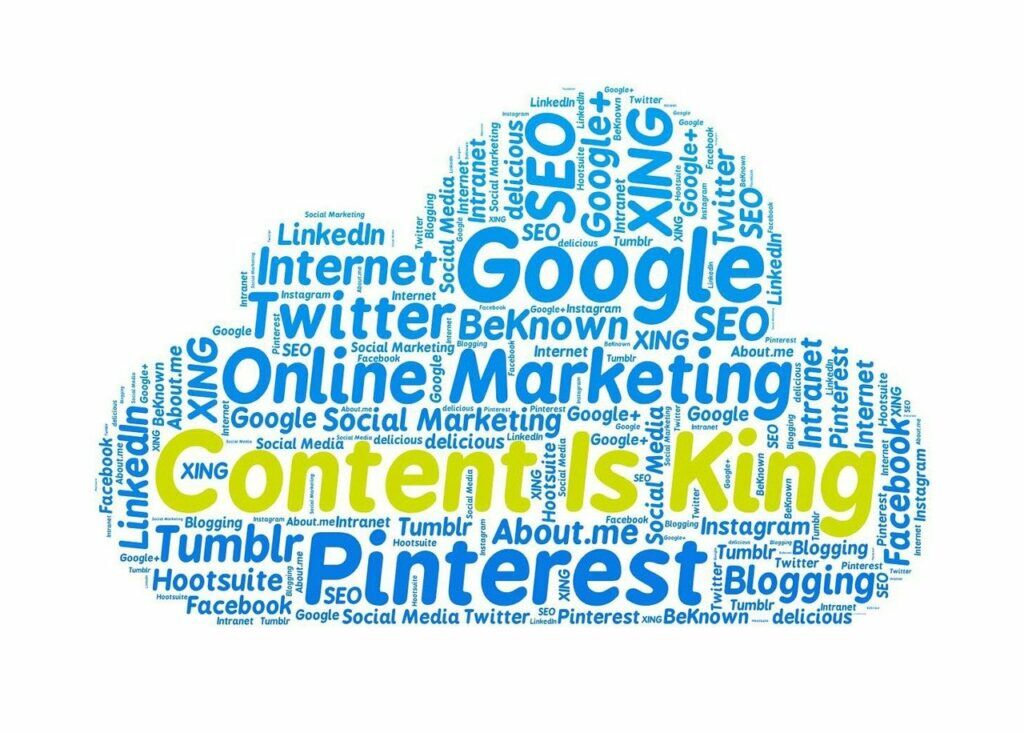Google’s SearchLiaison recently provided valuable clarification on the workings of the Helpful Content System, which assesses the quality of website content. This initiative is particularly relevant for publishers and SEO professionals, addressing concerns about the system’s impact on website rankings.
Understanding the Helpful Content System

The Google Helpful Content Update, introduced in August 2022, marked a significant shift in prioritizing user-focused content over search-engine-oriented material. This update deployed a machine-learning model to identify and rank pages with original, valuable content higher, while demoting sites with low-quality, unhelpful content.
Google’s Helpful Content System is a machine-learning model that utilizes classifiers to generate signals. These signals are incorporated into Google’s ranking system to filter out low-quality content. The system assigns a label to website content, effectively giving a ‘thumbs down’ to unhelpful content. This signal varies in weight, depending on the amount of unhelpful content a site has.
The Helpful Content System is one of many signals used by Google to rank sites, including factors like links and relevancy.
Recently, Google has continued refining this system, enhancing its algorithm to better discern content quality and relevance, further emphasizing the creation of content that genuinely serves user needs and interests. These updates underscore Google’s ongoing commitment to improving user experience and the quality of information available through its search engine.
The latest update related to Helpful Content was rolled out by Google in September 2023.
Clarifying Google’s Guidance
Google recently updated its guidance to add clarity to the Helpful Content System. However, one part of the guidance was unintentionally opaque and led to confusion. The passage in question was:
“Are you changing the **** of pages to make them seem fresh when the content has not substantially changed?”
This guideline targets those attempting to manipulate Google’s freshness algorithm by trivially altering content and updating the publication ****. However, the ambiguity arose because many publishers regularly make minor but legitimate changes to their content, like fixing typos or making grammatical corrections, raising concerns about the impact of such updates on their rankings.
Addressing Concerns and Clarifications
Luke Jordan (@lr_jordan) raised a valid concern on this issue, highlighting the nuance Google’s system might overlook. He shared:
“Google doesn’t understand nuance well enough to make blanket rules…A genuinely valuable update might require changing the number 6 to 5, and a patch number from 9.0.1 to 9.0.2.”
Responding to these concerns, Google SearchLiaison clarified:
“No, we don’t do this if updates are made to be helpful to people…It’s not just one thing. It’s not direct. And it’s not an issue if you’re not doing things primarily for Google.”
Not relying on a single metric
The essence of SearchLiaison’s explanation is that changing the **** is one of many tactics analyzed by the machine learning model. The model uses multiple signals to calculate the likelihood of a webpage employing SEO tactics rather than creating helpful content. This approach avoids relying on a single metric, which could lead to inaccurate conclusions.
SearchLiaison emphasized:
“If you’re just changing the **** because you think ‘that’ll make Google think this is fresh,’ you’re likely aligning with other behaviors that overall align with signals we use to identify the helpfulness of content.”
Conclusion
SearchLiaison’s clarification is crucial in understanding how the Helpful Content System works.
It reassures publishers that minor, legitimate updates won’t negatively impact their ranking, as long as the primary intent isn’t to deceive Google’s algorithms.
This clarification helps dispel fears of false positives, ensuring that genuinely helpful content is appropriately recognized and ranked by Google.
